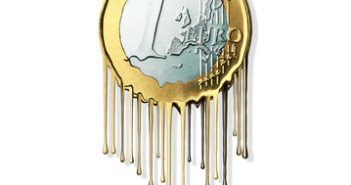Hopes for a stronger recovery were hit with the new data: euro-zone core inflation was downgraded to 0.9% instead of 1% originally reported. In addition, growth figures came out short: +0.3% q/q and 1.2% y/y. We already had an early indication about growth.
It seems that the road to ending the ECB QE is still long. Easier credit conditions from the ECB, the weak euro and low prices are all positives, but it doesn’t help too much.
EUR/USD remains stable for now.
The euro-zone was officially expected to report a second consecutive quarter of 0.4% q/q growth, but expectations were dampened by the early reports coming from the zone’s largest countries. Year over year, 1.3% was predicted. Headline inflation carried expectations for a confirmation at +0.4% y/y and core inflation at 1%.
EUR/USD traded lower, around 1.1140 before the publication.
In addition to the data, the euro is affected by the Greek crisis. The parliament in Athens approved the deal but Germany might still reject it. The Greek government could also collapse earlier than expected amid growing internal opposition.
We later have important data from the US: PPI and more importantly consumer confidence.
In our later podcast we discuss predictable currencies vs. unpredictable central banks.
Follow us on Stitcher.



